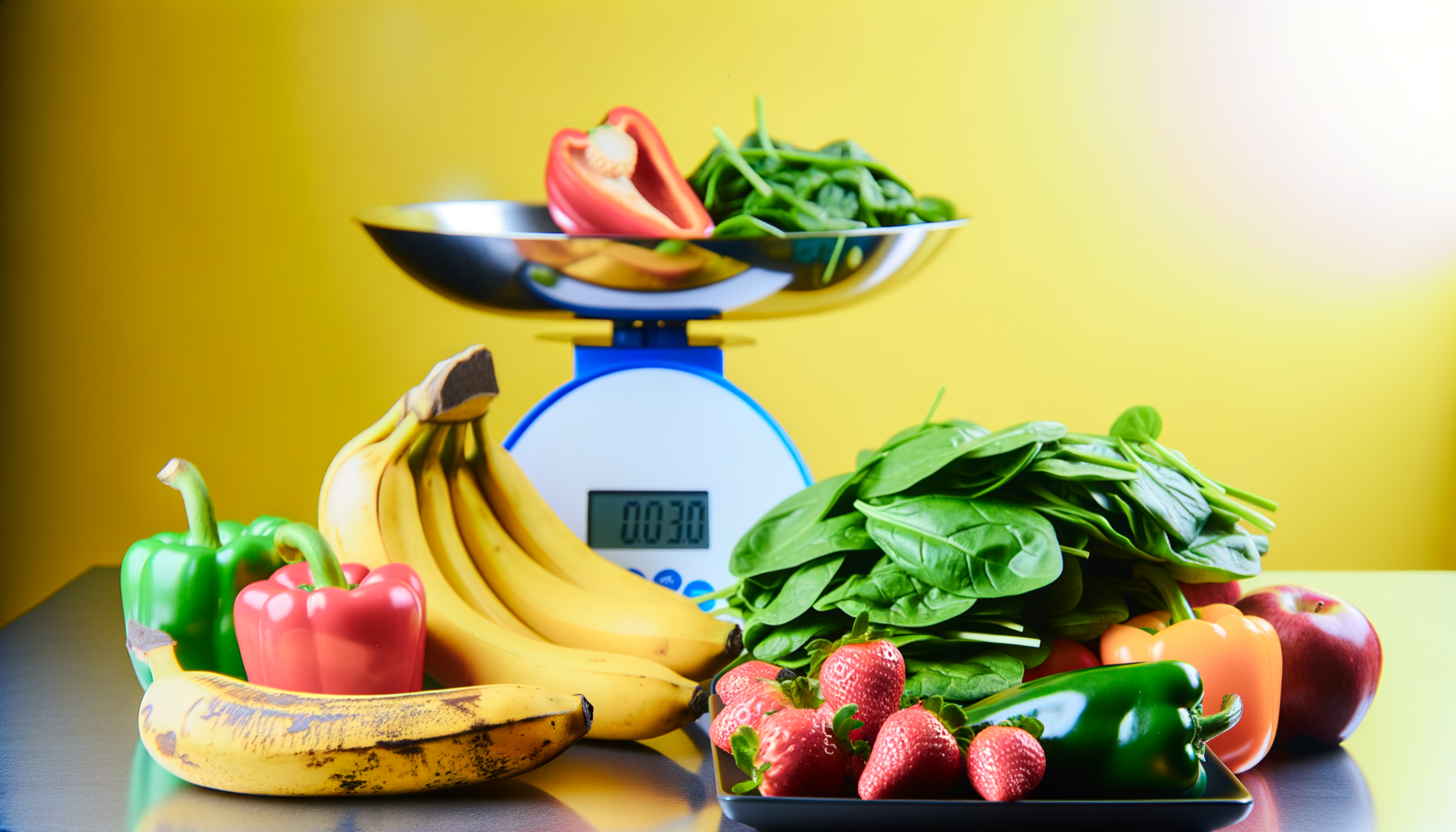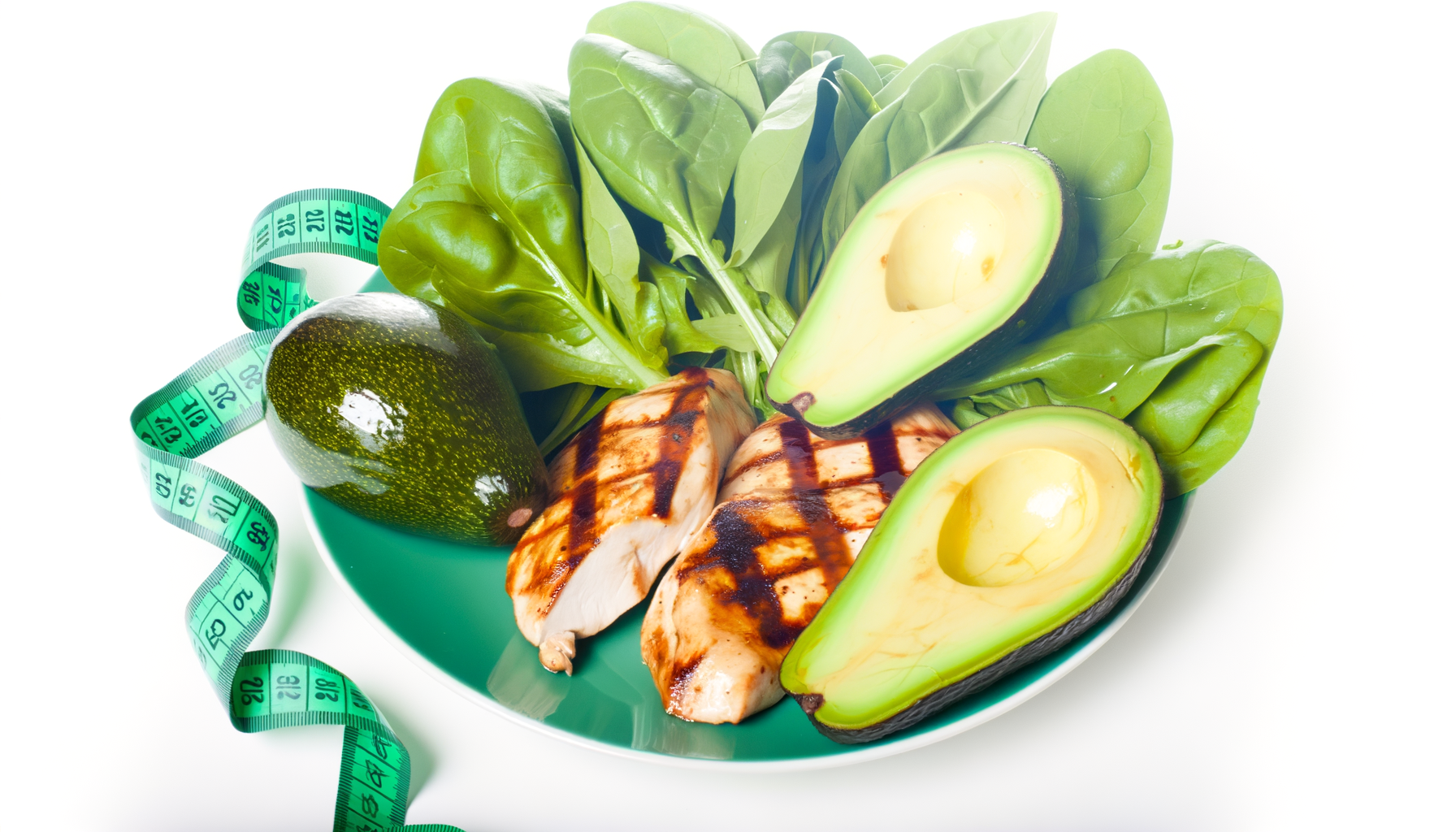The Role of Calorie Tracking in Postpartum Fitness Programs
Navigating Postpartum Fitness: The Crucial Role of Calorie Tracking
For new mothers, returning to a fitness routine after childbirth can be a daunting task. However, with the right approach, calorie tracking can be a powerful tool in achieving postpartum fitness goals. Here’s a comprehensive guide on how calorie tracking fits into postpartum fitness programs and why it’s so important.
Understanding Caloric Needs During Postpartum
During the postpartum period, a woman's caloric needs can vary significantly depending on whether she is breastfeeding or not. For breastfeeding mothers, the body requires additional calories to support milk production. According to The Lactation Nutritionist, breastfeeding can burn approximately 300-500 calories per day, and it is advised not to reduce calories below 1,800 per day to ensure adequate milk supply. For non-breastfeeding mothers, the caloric needs are different. It is generally recommended to wait until after the six-week follow-up with a medical provider before starting a weight-loss plan. Even then, the goal should be to lose one to two pounds per week, which is a safe and sustainable rate.
Using Calorie Calculators for Personalized Plans
Calorie calculators can be invaluable in helping new mothers determine their specific caloric needs. Tools like the Jamie Eason Post-Pregnancy Fitness Trainer: Calculator provide a calorie range to stick to in the first few months postpartum. These calculators often use formulas like the Mifflin-St. Jeor Equation to estimate individual caloric requirements. For breastfeeding mothers, a calculator specifically designed for breastfeeding, such as the one from The Lactation Nutritionist, can help estimate the additional calories needed for milk production.
Practical Tips for Calorie Tracking
Calorie tracking is not just about counting calories; it's about ensuring you're getting the right nutrients. Here are some practical tips: - **Focus on Whole Foods**: Emphasize whole, unprocessed foods such as fruits, vegetables, whole grains, and lean proteins. These foods provide essential nutrients and fiber, which are crucial for both weight management and overall health. - **Stay Hydrated**: Adequate hydration is vital, especially for breastfeeding mothers. Aim for at least 16 cups (128 fluid ounces) of water per day and adjust according to your exercise routine. - **Use Nutrition Apps**: Apps like Lifesum and MyNetDiary can help track your daily nutrition and provide reminders for water intake and meal planning. These apps can make it easier to stick to your dietary plan and ensure you're meeting your nutritional needs.
Real-World Examples and Case Studies
Lina Spansk, a fitness professional who competed in Bikini Fitness competitions, shared her postpartum journey using the Lifesum app. She increased her nutrition intake by 500 calories per day to support breastfeeding and focused on pelvic floor training and internal abdominal exercises to regain muscle mass and strength. Her experience highlights the importance of balanced nutrition and targeted exercise in postpartum recovery.
Integrating Calorie Tracking into Fitness Routines
Calorie tracking should be integrated into a broader fitness plan that includes regular exercise. Here are some tips: - **Start Slow**: Begin with light exercises and gradually increase intensity and duration. For example, pelvic floor exercises and internal abdominal workouts can be particularly beneficial in the early postpartum period. - **Find Support**: Joining postpartum fitness groups or finding other new moms to exercise with can provide motivation and support. Consider daycare swaps to get some dedicated time for exercise. - **Listen to Your Body**: It’s crucial to listen to your hunger cues and not strictly count calories, especially during the initial postpartum months. Focus on making healthy choices rather than adhering to a strict calorie count.
Conclusion and Next Steps
Calorie tracking is a vital component of postpartum fitness programs, helping new mothers manage their weight, support breastfeeding, and ensure they are getting the necessary nutrients. By using calorie calculators, focusing on whole foods, staying hydrated, and integrating calorie tracking into a broader fitness plan, new mothers can set themselves up for success. If you are looking to enhance your postpartum fitness journey, consider using tools like the WP Calorie Calculator to get personalized calorie recommendations. This can be especially helpful when combined with a comprehensive fitness plan and nutrition app. Remember, the key to successful postpartum fitness is balance, patience, and a focus on overall health rather than just weight loss. By being kind to yourself and leveraging the right tools, you can navigate this journey with confidence and achieve your fitness goals.
For more detailed plans and pricing options, you can explore the WP Calorie Calculator Plans to find the best fit for your needs.











